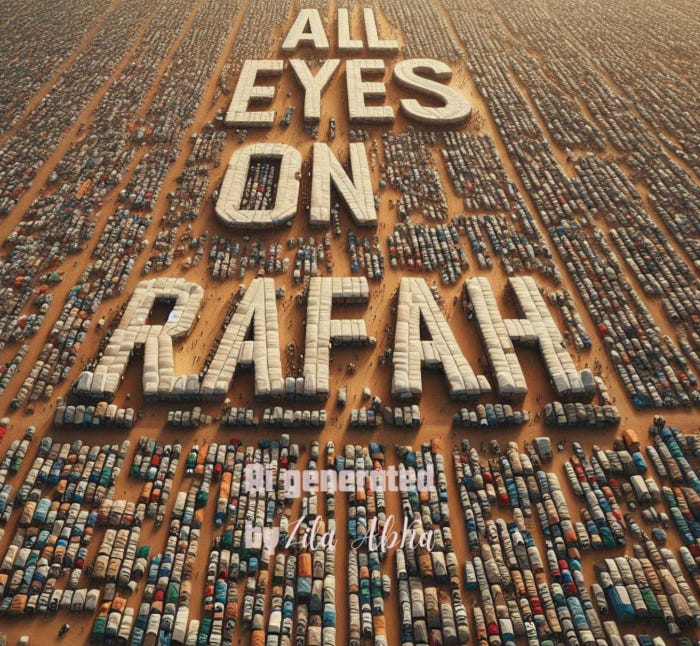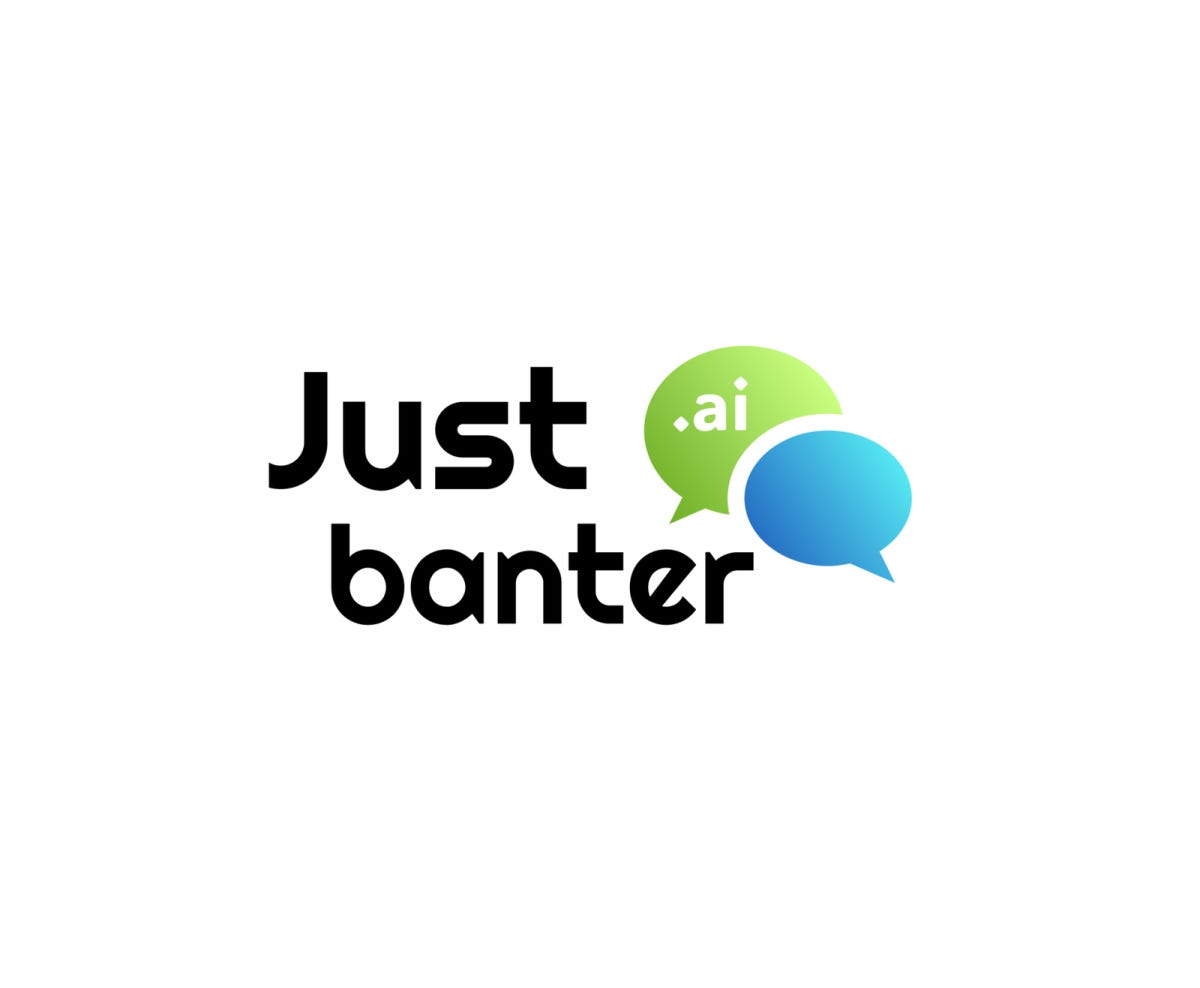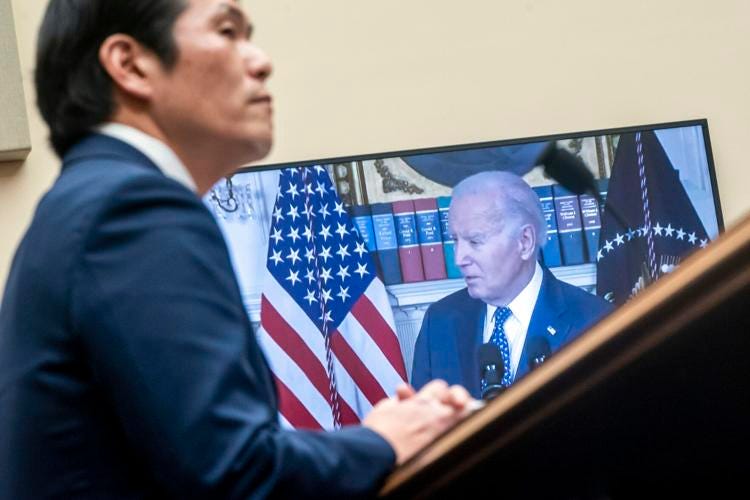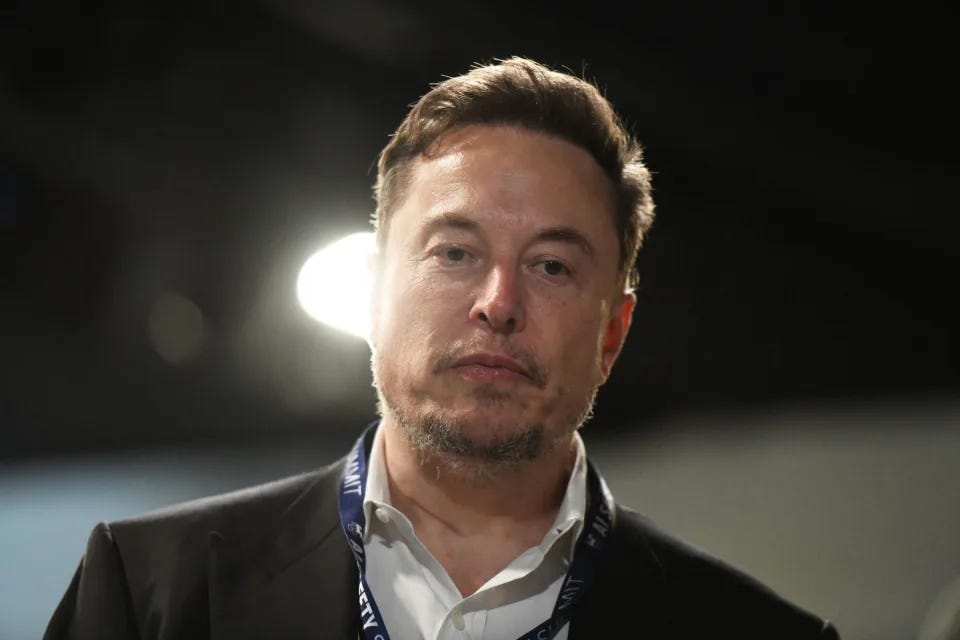Musk Redirects 12,000 Nvidia AI Chips from Tesla to X and xAI, Citing Lack of Capacity at Automaker
Billionaire justifies contested chip diversion, says Tesla spending $10B on AI with only $3-4B going to Nvidia
Two Malaysians Claim Credit for Viral Gaza Image Created by AI
A synthetic aerial image depicting the phrase "All eyes on Rafah" spelled out in white tents among a dense camp in Gaza has gone massively viral, shared nearly 50 million times across social media. But there is a dispute over who actually created the striking AI-generated graphic.
Zila Abka, a 39-year-old science teacher and pro-Palestinian activist in Malaysia, says she prompted Microsoft's AI image generator to create the original composition back in February. She added watermarks identifying herself as the creator and that it was AI-generated before sharing it to a Facebook group.
However, a few months later, a slightly edited version without her watermarks started spreading rapidly after being posted by Amirul Shah, a 21-year-old Malaysian college student. Shah added visual effects like snowy mountains in the background but says the core image is his own original creation using AI tools, not Abka's.
The incident highlights the complexities of authorship, ownership and credit for AI-generated content that can be easily edited, remixed and distributed online. While Abka intended to raise awareness about Gaza, the image's extraordinary virality likely exceeded both creators' expectations. As AI art proliferates, more disputes like this are likely to arise over provenance.
Earn Money 24/7 with Your AI Digital Twin on Justbanter.ai
Influencers and content creators have a new way to monetize their audience around the clock with Justbanter.ai's recently launched AI digital twin feature. This groundbreaking platform allows you to create an AI-powered chatbot version of yourself to engage fans when you can't.
Here's how it works: First, you sign up on Justbanter.ai and complete a quiz to "train" the AI on your personality, expertise, and way of communicating. The platform then generates your digital twin - an AI chatbot that can have natural conversations in your unique voice and style.
Next, you promote your AI twin across your social channels, driving fans to your Justbanter profile where they can purchase credits to chat with your bot. Your digital twin will then message with your fans 24/7, answering questions, providing tips, and cultivating an engaging parasoical relationship.
"Your AI twin works tirelessly to keep fans interested and coming back for more conversations, while you earn income from those interactions without any additional effort," explained Justbanter's Head of Growth, Mancy Thurston.
The platform provides analytics dashboards for tracking earnings, chat volume, and other metrics. Influencers can even update their AI twin's knowledge over time by feeding it additional information.
In today's creator economy, maintaining consistent community engagement is crucial yet incredibly time-consuming. Justbanter's AI digital twins automate this process, allowing you to monetize your audience around the clock without being chained to your phone or computer.
Sign up now at Justbanter.ai to be an early adopter of this revolutionary technology for influencer marketing and monetization. The future is your AI twin!
DOJ Cites 'Deepfake' Risks in Blocking Release of Biden Interview Audio
The Justice Department is fighting to keep the audio recording of President Biden's interview with the special counsel investigating his handling of classified documents under wraps, citing concerns that the files could be manipulated using AI technology to create misleading "deepfake" content.
In a court filing on Friday, the DOJ argued that releasing the actual audio recording of Biden's interview with special counsel Robert Hur could enable "malicious actors" to create fabricated audio clips using AI voice cloning.
"If the audio recording is released, the public would know the audio recording is available and malicious actors could create an audio deepfake in which a fake voice of President Biden can be programmed to say anything," a DOJ official wrote.
The argument highlights growing worries from the government about the potential for AI-generated disinformation and deepfakes to mislead the public, especially ahead of the 2024 election season. While the technology could theoretically be misused with any audio or video, the DOJ claimed having the real Biden files out there would make it easier to make deepfakes appear convincing.
A conservative group suing for the recording's release slammed the DOJ's stance as a "red herring" to protect Biden from potential embarrassment. A transcript showed the 81-year-old president at times struggled to recall details during the interview about his mishandling of classified materials.
Media outlets have pushed for public access to the full audio as well, arguing the DOJ rationale "stands the Freedom of Information Act on its head" by suggesting the public can't be trusted with such information due to potential AI misuse by bad actors.
The clash underscores the complex landscape authorities are navigating as AI technology becomes increasingly powerful and accessible. As synthetic media capabilities advance, concerns are mounting about the potential for highly realistic deepfakes to pollute the online information ecosystem.
Musk Offers Explanations for Redirecting Tesla's Nvidia AI Chips
Elon Musk has confirmed reports that he diverted a large shipment of artificial intelligence chips from Nvidia originally destined for Tesla over to his other ventures X Corp. and xAI Corp. instead. The Tesla CEO took to X (formerly Twitter) to provide his reasoning behind the move.
According to emails from Nvidia employees reported by CNBC, Musk redirected around 12,000 of Nvidia's H100 graphics processing units that had been ordered for Tesla. The emails indicated Nvidia staff were confused by conflicting statements from Musk about Tesla's AI chip procurement plans.
On his X account, Musk explained that Tesla simply had no place to actually utilize the powerful H100 chips from Nvidia at this time. "Tesla had no place to put Nvidia chips where they could be turned on," he wrote.
The chips were apparently diverted to Musk's X social media platform and his newly launched AI research company xAI instead. Musk is currently working to transform X into an AI-driven platform leveraging advanced language models.
As for the contradictory statements that raised eyebrows at Nvidia, Musk claimed Tesla will actually be spending around $10 billion on AI systems this year - with only $3-4 billion of that going to Nvidia chip purchases. He said the rest will be for internal AI development.
"My current best guess for Nvidia purchases by Tesla are $3B to $4B this year," Musk posted. He added that about half of Tesla's AI expenditures in 2024 will be on in-house projects as it builds its own supercomputer for self-driving vehicle development.
The chip diversion adds to questions around Musk's ambitious AI plans at Tesla amid cost cuts and after he recently threatened to take the automaker's AI work elsewhere unless he was awarded outsized voting control in the company.
Tesla has long touted its self-driving ambitions but has yet to receive regulatory approval to roll out a autonomous robotaxi service using its in-house AI systems. With AI now also a major focus at X and xAI, it remains to be seen how Musk will divide his companies' resources and chip supplies.







